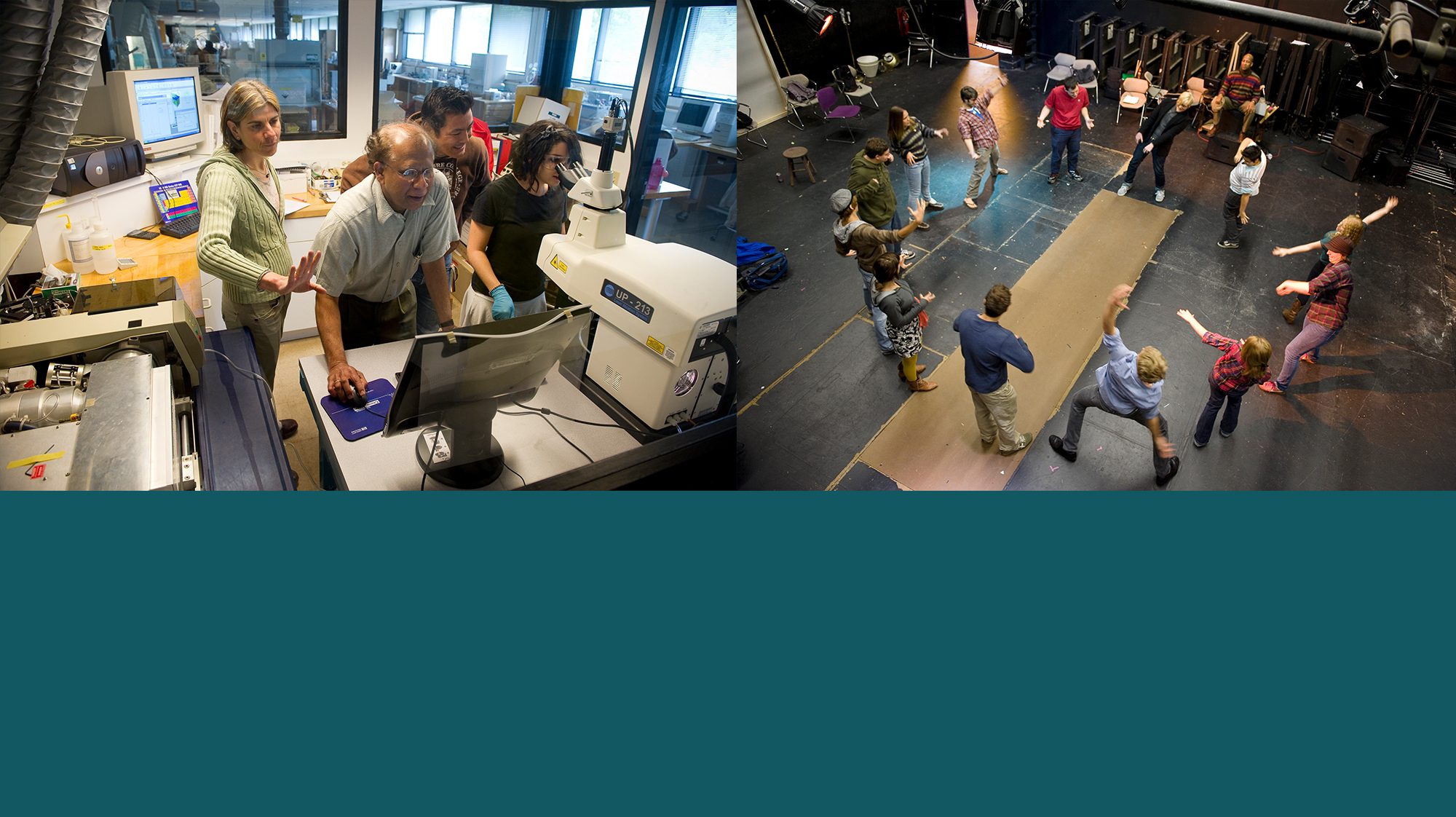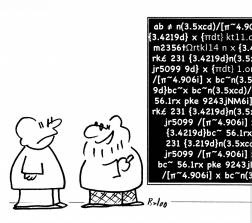This spring semester marks the start of a new course that explores the enduring question, “What is Art?” The course will be taught by Dr. Karen Koehler, professor of architectural and art history, with support from a $22,000 grant from the National Endowment for the Humanities (NEH). Organized around five concepts (Origins, Authenticity, Spirituality and Transcendence, Mimesis, and Commitment), this course will use selected texts in philosophy alongside literature, film, visual art and performance to probe a series of sub-questions, such as:
- What is creative expression?
- What is artistic authenticity?
- What makes art transcendent?
- How do artists see themselves?
- What is political art?
The course features a film series component, including two films at Amherst Cinema, and a trip to New York City to visit the Metropolitan Museum of Art. A final digital exhibition culminates the course, where students will explore an object of their choice that raises an enduring question about art.
The Enduring Questions grant program sponsored by NEH is a wonderful opportunity to develop new inquiry-based curricula. For more information visit: http://www.neh.gov/grants/education/enduring-questions


